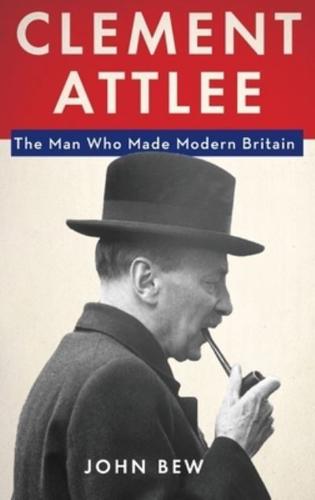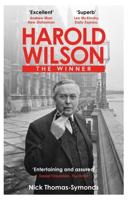Publisher's Synopsis
Throughout the first half of the twentieth century, Winston Churchill's wartime heroics and larger-than-life personality propelled him to the center of the world stage. To most, he remains Great Britain's greatest Prime Minister, his fame and charisma overshadowing those who followed in his footsteps. Yet while he presided over his country's finest hour, he was not its most consequential leader. In this definitive new biography, John Bew reveals how that designation belongs to Clement Attlee, Churchill's successor, who launched a new era of political, economic, and social reform that would forever change Great Britain.
Bew's thorough and keen examination of Attlee, the former leader of the Labour Party, illuminates how his progressive beliefs shaped his influential domestic and international policy. Alternatively criticized for being "too socialist" or "not radical enough," Attlee's quiet tenacity was intrinsic to the success of his party and highly pertinent to British identity overall. In 1948, he established the National Health Service as part of his "British New Deal"-a comprehensive, universal system of insurance, welfare, and family allowances to be enjoyed by all British citizens. Attlee also initiated key advancements in international relations by supporting the development of both the United Nations and the North Atlantic Treaty Organization, and by granting independence to India, Burma, and Ceylon. More controversially, he sanctioned the building of Britain's nuclear deterrent in response to the rise of the Soviet Union and the threat of atomic bombs. Clement Attlee: The Man Who Made Modern Britain explores his tenure in the years after the war, as he presided over a radical new government in an age of austerity and imperial decline. Bew mines contemporary memoirs, diaries, and press excerpts to present readers with an illuminating and intimate look into Attlee's life and career. Attentive to both the man and the political landscape, this comprehensive biography provides new insight into the soul of a leader who transformed his country and by extension the vast empire over which it once ruled.







